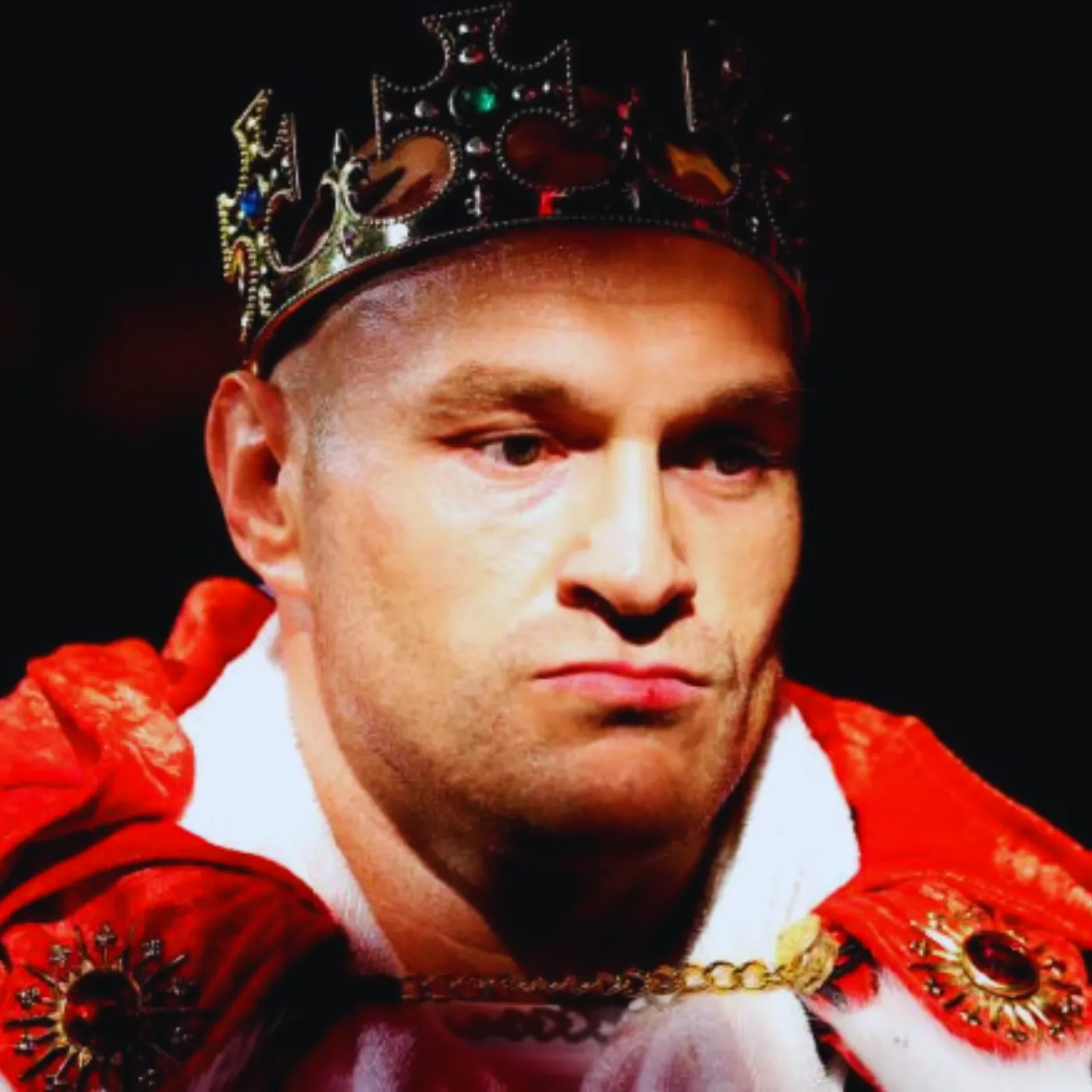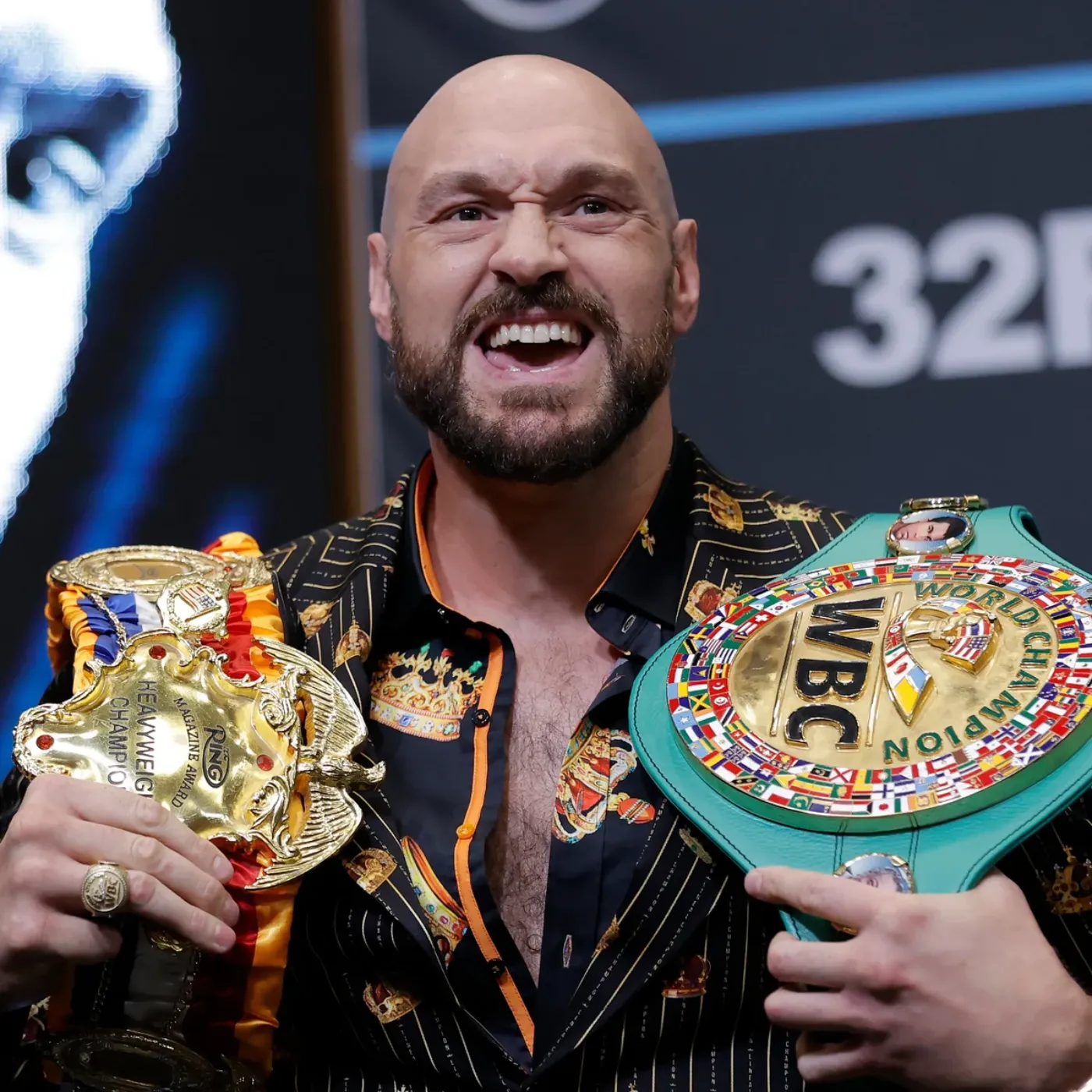Is Tyson Fury Just a Media Creation?

Tyson Fury, the self-proclaimed “Gypsy King,” is dominating heavyweight boxing in ways that have fans talking nonstop. But is this larger-than-life persona the real deal, or just a carefully crafted media creation? Let’s cut through the hype and dig into what’s really going on with this polarizing fighter.
Real Champion or Media Hype?
From the start, Tyson Fury has been a magnet for attention. Love him or hate him, he’s always in the spotlight. But is that because of his actual talent or his knack for grabbing headlines?
Let’s be clear—Fury’s achievements are impressive. He’s undefeated, with legendary wins over names like Wladimir Klitschko and Deontay Wilder. But some critics argue that his flashy antics, like wearing a Batman costume to press events or singing for fans after fights, sometimes overshadow his skills in the ring. Is he a true heavyweight champ or just a showman who knows how to work the cameras?

The media plays a huge role in this story. Fury’s been portrayed as a comeback hero—a guy who beat mental health struggles, substance abuse, and obesity to reclaim his title. It’s an incredible narrative, but some skeptics think it’s too good to be true. Has the story been stretched to keep us hooked?
The Media Machine at Work
In today’s world, no athlete becomes a household name without some help from the media, and Tyson Fury knows how to make it work for him. His every move—good, bad, or outrageous—turns into a headline. But how much of this is fury, and how much is a well-oiled PR strategy?
Take his famous feud with Anthony Joshua, another British heavyweight star. Their rivalry has been talked about for years, fueling debates, social media wars, and endless articles. But here’s the kicker: they’ve never actually fought. Fans are left wondering—is this genuine competition, or are both camps just cashing in on the hype without delivering?

And then there’s Fury’s mental health advocacy. He’s been open about his struggles, which is commendable and has helped raise awareness. But even this has its critics. Some argue that his image as a reformed man is exaggerated to make him more relatable to the masses.
Here’s the truth: Fury’s both an incredible athlete and a master at playing the game. In an era where clicks and shares matter as much as punches and knockouts, controlling the story is just as important as winning the fight.
The Man Behind the Hype
When you strip away the headlines, who is Tyson Fury really? His backstory is compelling. Born into a boxing family, Fury’s path to the top wasn’t exactly a straight line. Sure, his size and skills make him a natural in the ring, but his personal battles—with depression, addiction, and even thoughts of suicide—have been just as intense.

These struggles have made him a relatable figure to many, and his openness about them has earned him a loyal fanbase. But his off-the-cuff remarks on controversial topics have alienated plenty of others, showing that even the Gypsy King isn’t immune to backlash.
So, is Tyson Fury just a media creation? The answer isn’t black and white. His boxing record is the real deal, but the persona—the wild interviews, the dramatic comebacks—feels like something out of a Hollywood script. And maybe that’s the point. Fury’s mastered the art of blending reality with spectacle, keeping us guessing about where one ends and the other begins.





